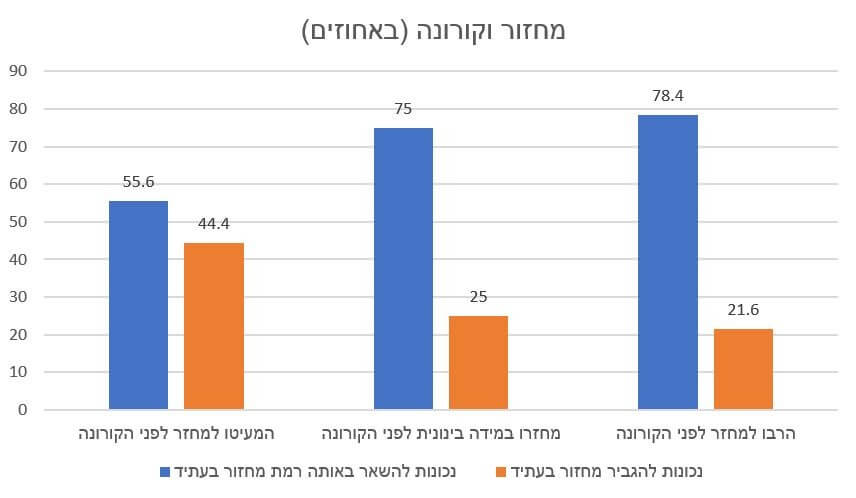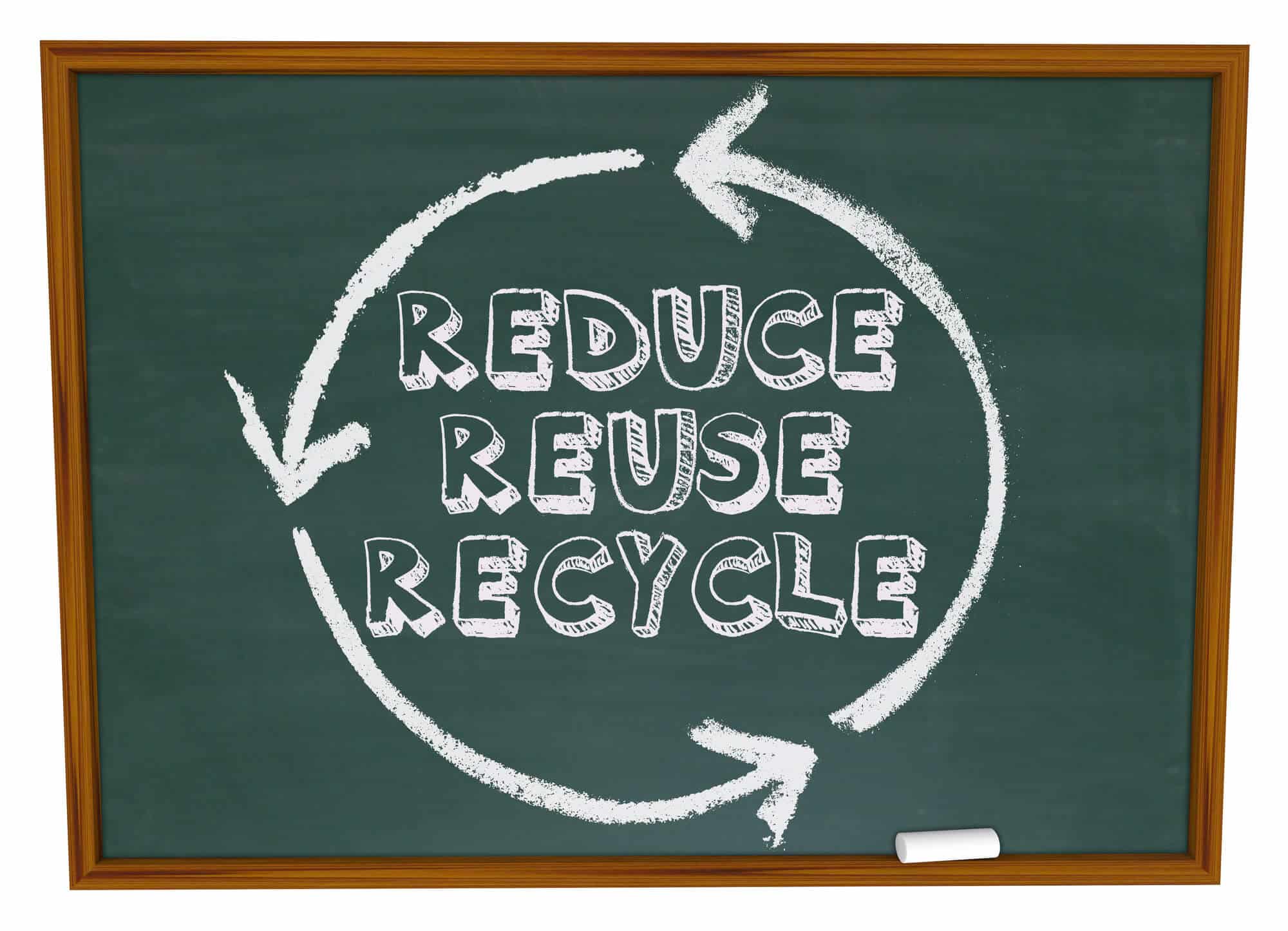The researchers from several institutions in Israel conducted a survey among 400 respondents who are residents of Israel, which examined patterns of sustainable behavior - such as frequency of recycling, reducing consumption and a consumer strategy that leads to the reduction of environmental effects - before the corona virus, during the first lockdown, and the respondents' intentions for the future. In addition, the extent to which the respondents link the outbreak of the epidemic with the state of the environment and climate change was examined.
A special survey found a significant improvement in the public's attitudes regarding the preservation of the environment during the first closure in Israel. The survey was carried out in An Israeli study, in which Dr. Vared Blas from the School of Environment and Earth Sciences at Tel Aviv University, Dr. Anat Chechik from the Department of Geography and Environment at Bar Ilan University, and Prof. Sigal Kaplan from the Department of Geography at the Hebrew University of Jerusalem took part. His results were published in the journal Resources, Conservation and Recycling.

"Our results show that the epidemic created a window of opportunity to promote a sustainable lifestyle," says Dr. Blas. "Such a transition may stem from several sources. First, the very sudden occurrence of such an extreme situation as the Corona crisis increases confidence even among the skeptics in the dramatic predictions regarding the environmental crisis. Another source could be the connection between the corona crisis and environmental quality and climate change, that is, increased concern among the respondents about the environmental crisis and their desire to defend themselves against future epidemics by sustainable behavior."
The researchers conducted a survey among 400 Israeli resident respondents, which examined sustainable behavior patterns - such as frequency of recycling, reducing consumption and a consumer strategy that leads to reducing environmental impacts - before the outbreak of the Corona crisis, during the first lockdown, and the respondents' intentions for the future. In addition, the extent to which the respondents link the outbreak of the epidemic with the state of the environment and climate change was examined.
The analysis of the complete questionnaires received shows that 40% of those who recycled less before the crisis and 20% of those who recycled more before the crisis intend to recycle more. In addition, 28% of those who did not reduce their consumption before the outbreak of the epidemic and 45% of those who reduced their consumption to some extent stated their intention to reduce their consumption of products and thus reduce environmental pollution - a result that came out clear even when monitoring the drop in income following the corona crisis.
Dr. Blass and her colleagues focused on the mediating effect of the information on the connection between the climate crisis and the epidemic on the increased fear of climate change, and how this fear affects the public's willingness to switch to existing behavior patterns.

"We exposed some of the respondents to random information published in scientific journals about the relationship between the quality of the environment and climate change and the incidence of deadly epidemics, and we saw that exposure to this information leads to an increase in the level of fear of climate change," explains Dr. Blas. "This increase was higher among those respondents who had no previous information about the existence of the relationship. Furthermore, it was found that an increased fear of climate change, the respondent's environmental attitudes and his behavior patterns before the outbreak of the epidemic predict well the respondent's intentions for sustainable behavior in the future.
The study was conducted within the framework of the protection motivation theory, which examines the interrelationships between the respondent's perception of the risk of the epidemic, his level of personal vulnerability and the degree of his personal resilience - and hence also the motivation for action that can reduce the risk. "This is the first time that the theory is tested during a global crisis, such as the corona virus, which creates an immediate and tangible risk in the context of environmental behavior," adds Prof. Sigal Kaplan. According to Dr. Anat Chechik, "The corona has changed the world, also in the environmental aspect, and we want to understand the mechanism that led to this change and whether it will persist in the long term."
for publication in the journal
More of the topic in Hayadan:
